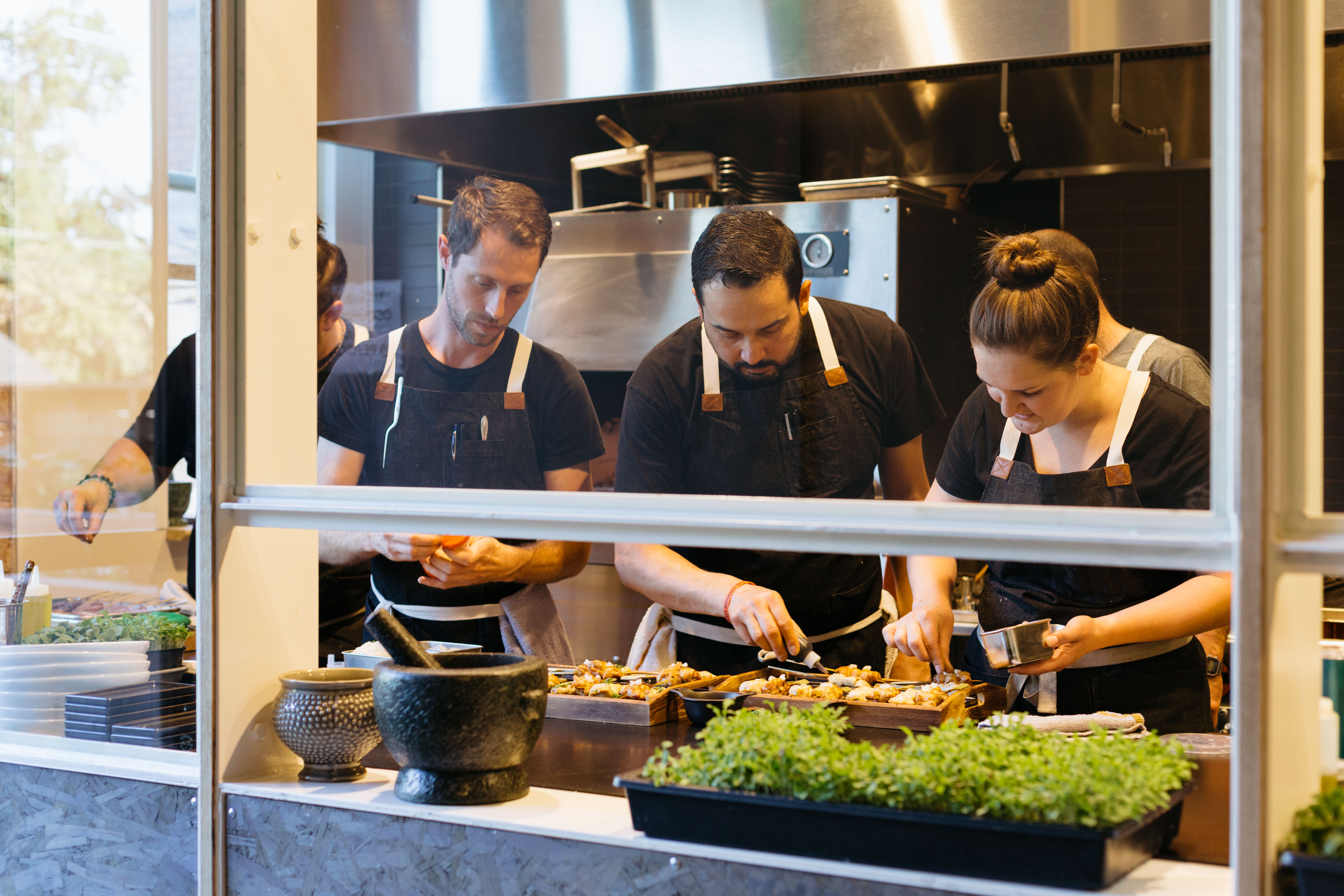It’s no secret that a growing number of chefs in Denver are committed to sustainability. But quite a few of these local chefs are also leading the nation in changing the way restaurants source, prepare and serve their food. Our city’s influencing role is also due in large part to organizations such as Slow Food Nations and Good Food 100 both calling the Mile High City home.
READ: How Denver is Tackling Sustainable Seafood in a Land-locked City
Sara Brito, founder of Good Food 100 and long-time food industry veteran, based the Good Food 100 in Denver because of the unique opportunity the city has to influence the country, and because of all the great chefs who were already making a difference in the industry on their own. “With its proximity to the continental divide, Denver is also a gateway to the West, and sits at a unique threshold between traditional, old ways of the past, and innovative, new ways of the future,” Brito added. And she’s not the only one who has noticed the unique positions Denver chefs have in influencing the industry.
The James Beard Foundation has selected numerous Colorado chefs to attend their Boot Camp for Policy and Change over the years, including Jeff Osaka, Brandon Foster, Sheila Lucero, Jennifer Jasinski and most recently Daniel Asher. At this retreat, JBF brings together politically-minded chefs to brainstorm ideas and support each other in becoming advocates for change.
READ: Urban Farming with Chef Starkus at Lost Creek Micro-Farm
We caught up with Daniel Asher of River and Woods, after his trip to talk about Denver’s role in the sustainability movement. In the conversation, we included Kate Kavanaugh of Western Daughters Butcher Shoppe and Chris Starkus of Urban Farmer, as well as Kelly Whitaker of The Wolf’s Tailor and Alex Seidel of Fruition – both JBF Boot Camp alums themselves. As passionate food innovators and sustainability advocates, they have great advice on how to support restaurants doing the right thing, and how to make your own kitchen more sustainable.
What are sustainable practices inside your restaurants and businesses?
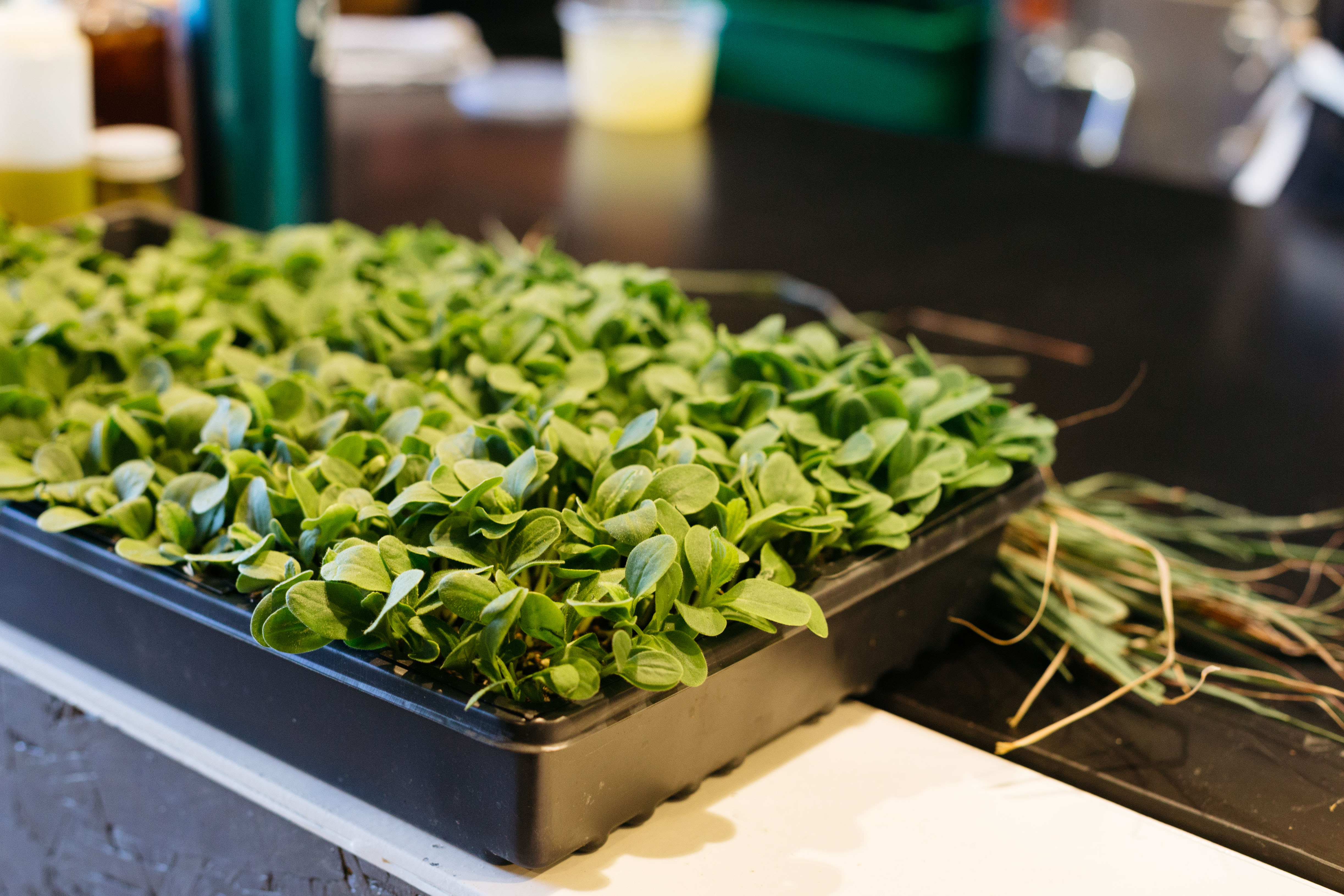
Daniel Asher: There is an inherent responsibility within the restaurant industry that demands a higher level of awareness and action regarding people and planet. . . [At our restaurants] there’s a constant dialogue about how to utilize what is considered “waste” from one production stream and it becomes the central focus of another. It’s not perfect and there’s failure but we do our best in each kitchen to be good about it. Few things make me sadder than coming across something in a cooler that has become “compost” without its purpose of nourishing someone being served. When that happens it’s a profound moment to reflect upon the many hands and hearts that created that ingredient only to have it end up as waste.
Kelly Whitaker: Being sustainable for us has a lot to do with looking at the whole picture. Where does the food come from? How does it apply to the menu? Where do the extras go? … Managing sustainability in a restaurant takes commitment from the whole team.
Chris Starkus: [In addition to working with Alpine Waste, Scraps, RootShyft, Bossdefrost, Good Food 100 and RTI], this year I’m focused on working with the Colorado Environmental Leadership Program to build an environmental management program to achieve greater efficiencies in our operation as a whole.
Alex Seidel: Having a farm, there are a lot of things that we try to do to make sure that the farm and the restaurants are working hand-in-hand. For example, we definitely compost and recycle at all the restaurants, but one of the things we do is we try to separate our good food compost – not food scrapings, and things like that – but vegetable scraps, and ends of bread, egg shells, egg whites – all those things go down to our farm and feed our pigs.
Kate Kavanaugh: At Western Daughters, we start with soil. We support farms and ranches using regenerative agricultural practices that help to build topsoil, increase diversity in the ecosystem, and support native grasses; all of which help to sequester carbon. We really believe that food can and should be a byproduct of conservation efforts. . . Once they arrive at our doorstep, we work to ensure they are used nose to tail. This means making bone broth from the bones, using steaks that might be more uncommon, rendering the fat, and making sausage. The second part of this is we pay farmers and ranchers well for their product. We think that sustainability doesn’t stop with environmental sustainability, it has to extend to financial sustainability.
Why is sustainability important in the restaurant industry?
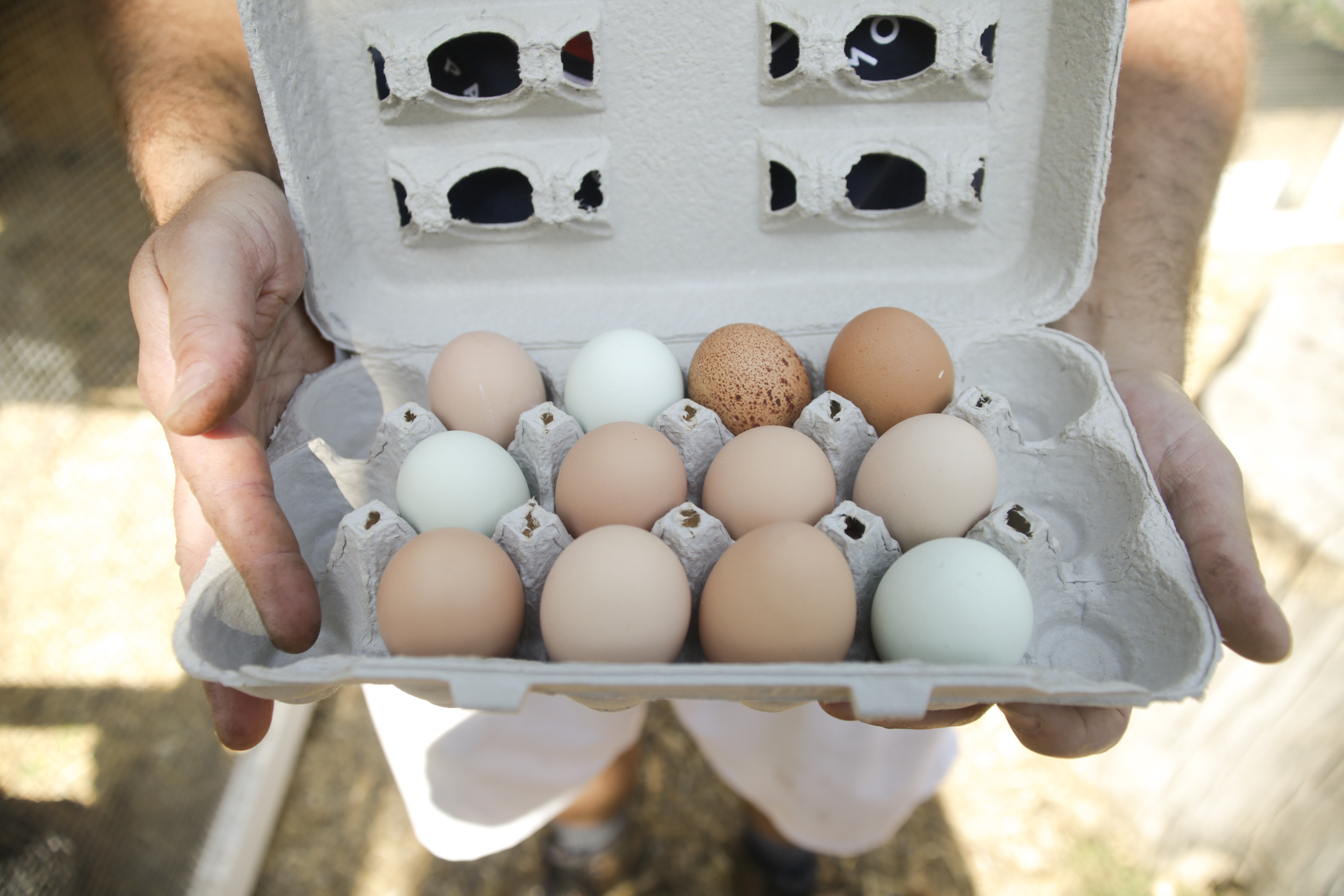
DA: At its core, sustainability is a mindset. It’s about questioning and seeking and digging and searching for truth. It’s recognizing that we are a part of a magnificent planetary community that leaves us with a responsibility to be kind to our land and our oceans and to each other because it’s all interconnected and woven together and one little strand impacts another.
AS: When I opened Fruition, there was one pig farmer in town. . . We’ve got like 30 pig farms now, 10 years later. I think that could be said for potato growers, and vegetable growers, and people who are raising pigs and lamb, and as all that has come into play, you’ve seen our restaurant scene really develop over the last five to 10 years. And that’s what sustainability is, it’s taking care of each other, it’s making sure you’re paying a wage to support, and also find ways to be supportive.
READ: Meet the Farms Behind Some of Denver’s Favorite Restaurants
CS: We simply cannot take for granted how accessible our natural resources are now. If we can inspire a change in the habits of our staff and guests, implementing eco-friendly practices will ultimately improve the health of the environment.
KW: Over 40% of what we produce in the US [is] thrown away and not used. This is enough to feed everyone who lives in the US and not wasting food could end hunger tomorrow. Restaurants collectively have a huge impact on our environment. We have a responsibility to learn about our impact and find a way to reduce it in our industry.
DA: Food waste is one of the most important issues of our time. The fact that we can solve food insecurity in America by redistributing a portion of what we discard is a sobering reminder of our powerful potential to heal our own communities.
KK: The collective buying power of the restaurant industry is massive. For example, the current organic sector of food is 5% of all food sold. . . If we consider what it would take to destabilize companies that are so greatly contributing to soil erosion, industrial livestock operations, and monocrops, the restaurant industry could move the dial this year by taking action through purchasing more organic produce and more sustainably raised protein. We could bring that number from 5% to 15% virtually overnight.
How Can Consumers Support and Learn from Restaurant Sustainability?
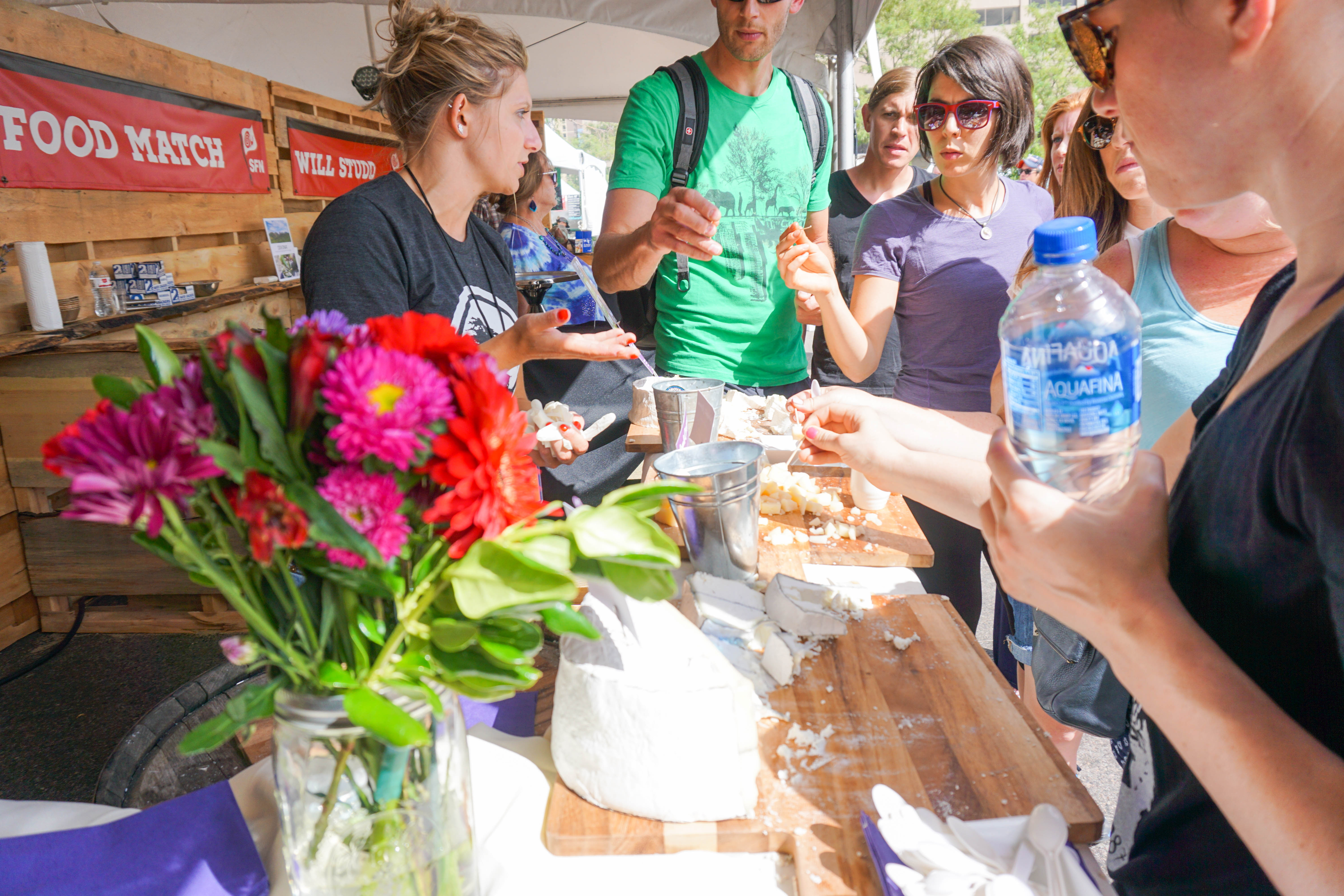
KK: Consumers can do a lot; it is their purchasing power that influences restaurants. First, do your research and find those values that you connect with and seek them out at restaurants. Ask hard questions and tell them what you’d like to see on your plate. Second, understand that restaurants, butcher shops, and farms that focus on sustainability have a lower profit margin and need to charge more for a product that is better supporting the ecosystem you live in; anticipate and embrace those higher prices. Maybe that means you eat out less often or order fewer dishes but know that the true cost of food is not reflected in the lowest prices.
DA: People should focus on not over-buying perishables like produce and meats, to plan menus for themselves and their families so that everything gets utilized instead of wilting away in a forgotten fridge drawer. Also to be aware that expiration dates and “best by” dates are usually chosen based on labeling requirements that vary state by state and not a reflection of safety especially with dry goods like grains, crackers and cereals.
CS: Add a countertop composter and separate bin for recycling – these are good daily reminders. Start with an understanding of your own waste and start changing your habits. That is where the real change will be.
What is Denver’s role is in expanding awareness of sustainability
in the national restaurant industry?
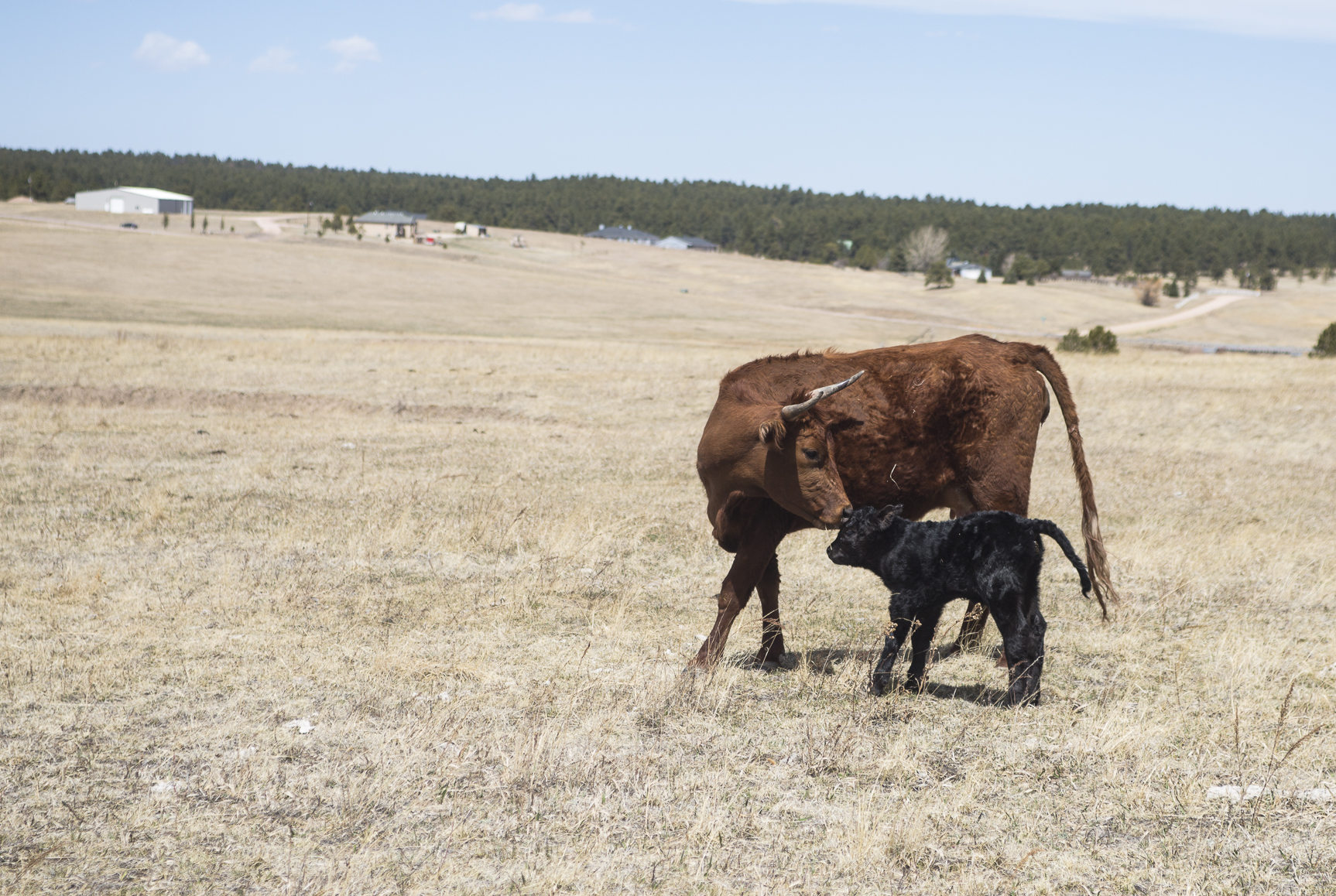
KW: Denver has a massive opportunity to be the leader in these ideas. We are the gateway to the west and we have the land. We have abundant resources which gives us a lot of opportunities to showcase it.
KK: Denver is in a unique position. We’re in the middle of the country and we can easily source things from both coasts and from growing regions more fertile than ours. We’re situated right in the middle of the plains in a high desert with a short growing season, which means that we grow fewer things well in and on our soil. I think that this is an opportunity, not a hurdle. We have an opportunity to teach people what it means to be a part of an ecosystem; what grows here, what lives here, and how we can focus on those things making their way onto our plates.
AS: It’s really cool to see the evolution. I know that has made an impact around the country: the fact that we have Slow Food Nations [based] here in Denver, Good Food 100 was started here, that is now partnered with the James Beard Foundation. There’s a lot of good brain-networking that’s happening, and [we’re] certainly trying to connect with other parts of the country.
CS: I think we are lucky to be in a city and state that supports these types of initiatives. If we can gather that support and show as operators how “going green” is not only a good choice for the environment but also a great business decision there will be even more support in the community.
—
Luckily local chefs and restaurants do have a significant amount of support from Denverites, and many get recognized by Good Food 100 and the James Beard Foundation. On his trip to Serenbe Farm in Georgia for the JBF Boot Camp, Daniel Asher and his fellow attendees discussed the Supplemental Nutritional Assistance Program and the 2018 Farm Bill.
After his trip, Asher is looking forward to bringing more attention to those individuals and families in need of food assistance. “In Colorado, more than 70% of SNAP participants are in families with children and over 80% of SNAP families have at least one working member,” he commented. This summer, Asher plans to host an event with Governor Polis to raise awareness and get delicious and healthy food into the kitchens of those Coloradans in need.
As Kavanaugh put it, “our food traditions and values start around the table we eat most of our meals around. It is just as important to implement sustainable practices in your own kitchen as it is to support those chefs and restaurants that are leading the way to a sustainable food industry.“It’s from that space that we can learn to connect and honor the ecosystem around us and the microbiome in us. By establishing those values and then demanding sustainable practices from more restaurants, we can all work together to change our food system.”





